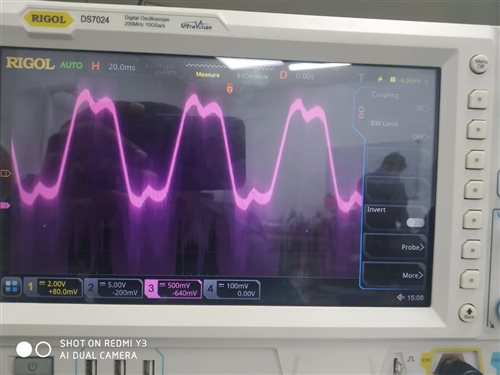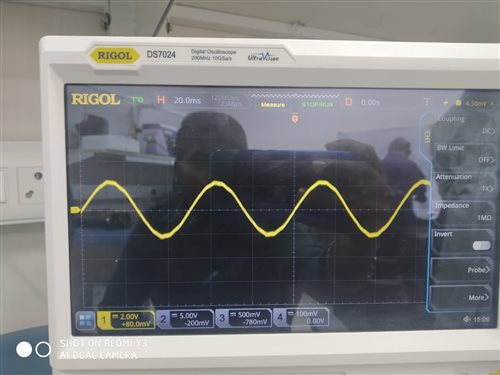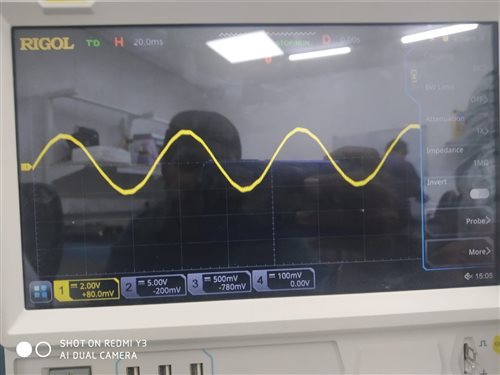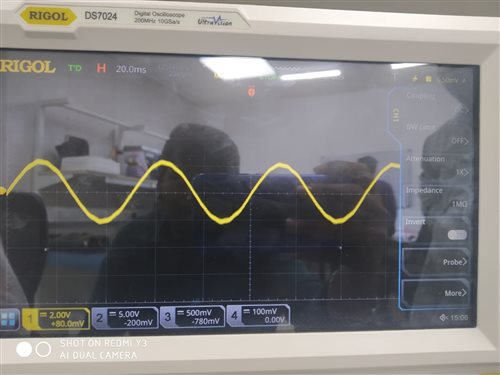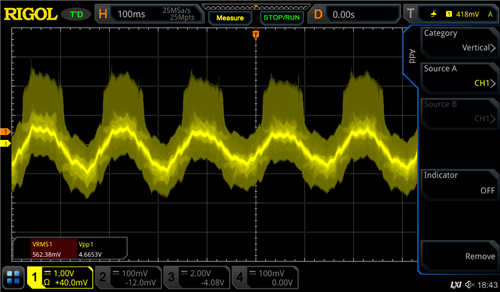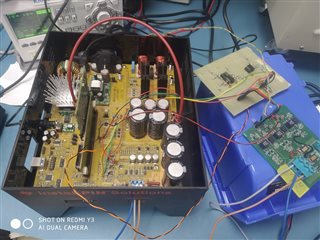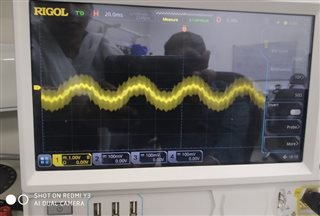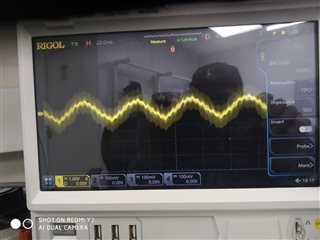Other Parts Discussed in Thread: C2000WARE,
Tool/software: Code Composer Studio
Hello team,
We are using TMDSHVMTRINSPIN development kit, TMS320F280049C control card and TMDSADAP180TO100, by loading the example projects presented in below path "C:\ti\c2000\C2000Ware_MotorControl_SDK_3_00_01_00\solutions\tmdshvmtrinspin\f28004x\ccs\sensorless_foc \is05_". we follow the user guide presented in C:\ti\c2000\C2000Ware_MotorControl_SDK_3_00_01_00\solutions\common\sensorless_foc\docs\labs" , we flash lab05, in the watch window we set motorVars.flagEnableSys=1 and motorVars.flagRunIdentAndOnLine=1 ,as per the guide flagRunIdentAndOnLine become zero and motorVars.flagMotorIdentified becomes 1 ,but we didn't get like this, in my watch window motorVars.flagRunIdentAndOnLine is shows always one.
1.can you please help me to resolve this issue?
watch window always have the sate is online only:
thank you





